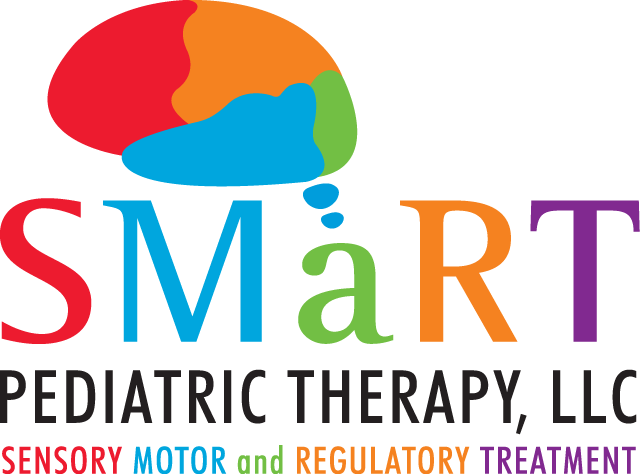When to Refer
Pediatric Feeding and Swallowing Disorders
- Difficulties gaining or maintaining weight
- Eats less than 10-20 foods
- Only eats brand specific food
- Avoid whole food groups like protein or vegetables
- Avoid certain textures of foods
- Mealtimes are consistently stressful
- Chokes, gags, or coughs during meals
- Cries or shows significant refusal behaviors when new foods are presented
- Difficulty transitioning to age appropriate cup
Feeding Red Flags
- Recurring pneumonia or respirations
- Prolon8led feeding times (>3O min.)
- No interest in food - eating or drinking
- Gurgly, hoarse, "wet", or breathy voice quality
- Difficulty coordinating breathing with eating or drinking
- Excessive drooling or leaking of food / liquid from mouth
- Less than normal weight gain or growth, declining weight
- Coughing, gagging, or throwing up during or after meals
- Turning head or body away from food, pushing food away
- Failure to accept different textures of food
- Pocketing food in the mouth after swaltowing
- Stuffing mouth with food
- GERD or Reflux
- Eating only 5-8 different foods
- lrritability during mealtime
- Not wanting to stay at the table
We Can Help
Services
- We use food play to promote positive, stress-free exploration of new foods.
- We evaluate oral motor skills to determine if there is a skill deficit that needs to be addressed.
- We provide parent education to support new mealtime routines at home.
- We encourage lots of sensory play to promote more exploration.
- We understand that 1 in 5 kids struggle with eating at some point in their early childhood.
- Only half of children will just grow out of their feeding difficulties without professional help.
Resources: sosapproach.com, feedingmatters.org
